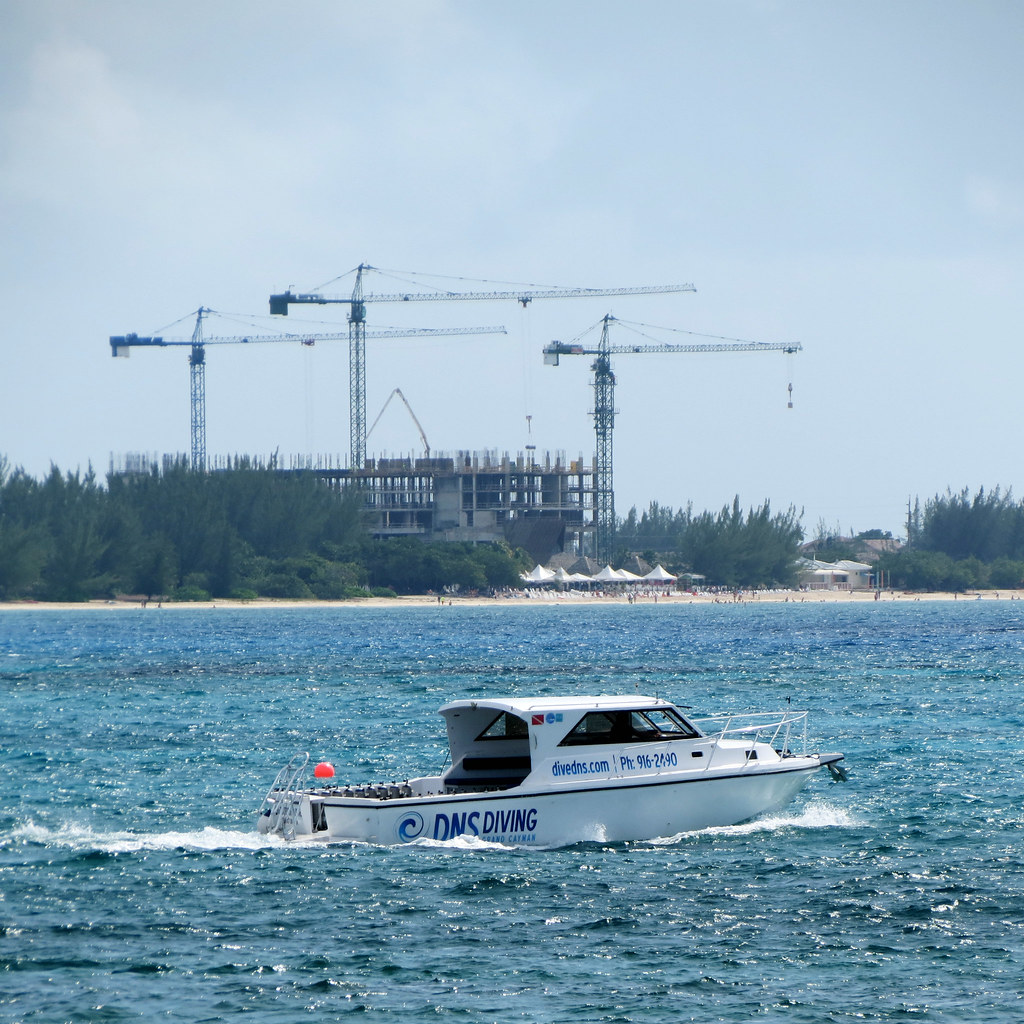-Analysis-
Tourism in the Caribbean is at a crossroads. Both governments and tour operators increasingly agree that the fragility of the Caribbean's natural environment is of urgent concern, and are looking for new ways to promote conservation and sustainability as part of the region's tourism strategy.
Yet in spite of the harsh diagnosis on the state of the environment, much of the new investment is going into hotel chains boosting their presence and offering more high-end holiday accommodation.
But the growing environmental consensus questions existing assumptions on tourism development in the Caribbean, whose future depends on finding a balance between growth and the goal of protecting the environment.
Current sustainability measures: Caribbean countries are aware of their economic dependence on the environment. In 2014, the Caribbean Export agency proposed changing energy policy, though the islands reacted with differing degrees of enthusiasm. The agency wants to encourage members to reduce use of fossil fuels and promote more environmentally friendly alternatives.
Aruba is a pioneer here. It already has solar and wind energy systems and wants its airport to rely entirely on solar power in the coming years. It is promoting urban design that encourages walking as the main form of transport to reduce pollution from automobile use.
The Commonwealth of Dominica in the Antilles has signed on to Caribbean Export's proposals and has begun its transition to clean energies. In the short term, its plan is less ambitious than Aruba's, but equally significant: Its objective is 100% reliance on clean energy within the next decade.

Photo: goatling
Jamaica has been promoting sustainable tourism on its southern coast. It wants to develop training programs for the population, especially at the Ghosen Sports Complex in St. Elizabeth, and is investing in botanical gardens in Darliston and in Bethel Town, to encourage jogging.
Suriname is looking to boost sustainable forest exploration, and has plans to prevent tree cutting and forest degradation on its territory.
Hotel investments: While the islands are working on sustainability strategies, hotel chains are continuing to invest in most Caribbean destinations.
Holiday Inn has begun a radical makeover of its properties in Aruba, worth millions of dollars, while Riu has begun developing the Riu Palace Antillas on that island. The Hyatt chain is investing in Jamaica with a hotel for adults only and another for families, as well as in its Puerto Rico properties in Manatí (Hyatt Place) and San Juan (Hyatt House).
New resorts in the Dominican Republic include the Gansevoort Playa Imbert in Cabarete and the adults-only CHIC All Exclusive in Punta Cana. In Trinidad and Tobago, the Capital Plaza and Radisson Trinidad are two brands making important renovations to their installations.
The debate: Given its recent history, what are the sector's growth possibilities? Tourism is not the only industry around the world that comes with a built-in threat to the natural environment. Some observers believe there can be no growth without an impact on your surroundings, and safeguarding nature will inevitably decimate growth.
Others disagree, saying that economic growth can be respectful of the environment. Strategies must in any case change radically, whereby construction, power generation and maintenance technologies enhance, rather than degrade, the natural setting. Intelligent building certificates and international norms on energy use are already pointing this way.
